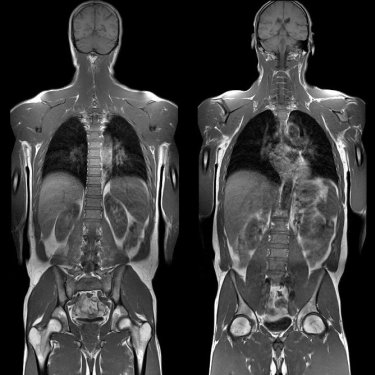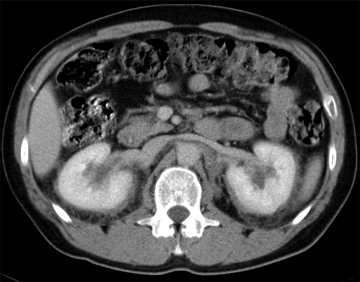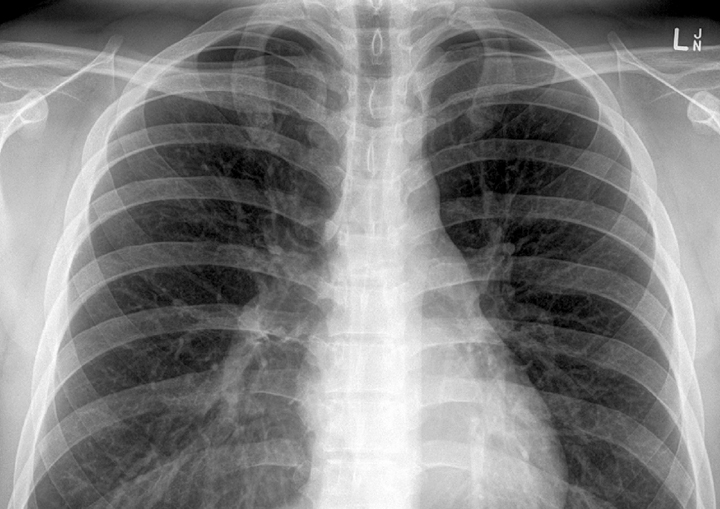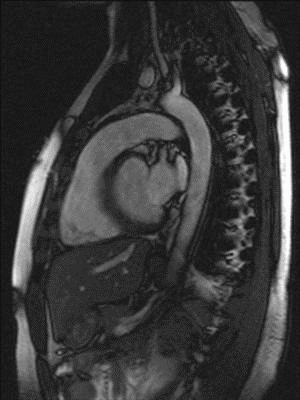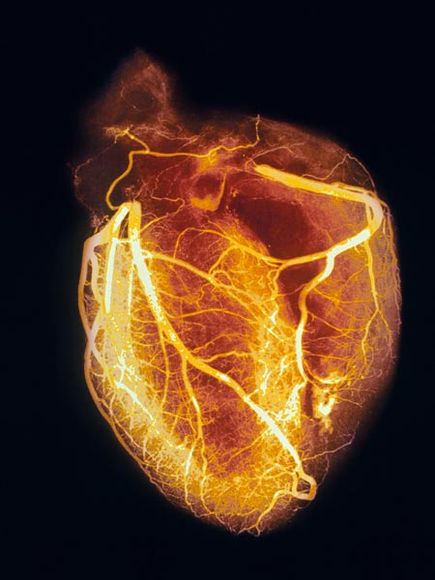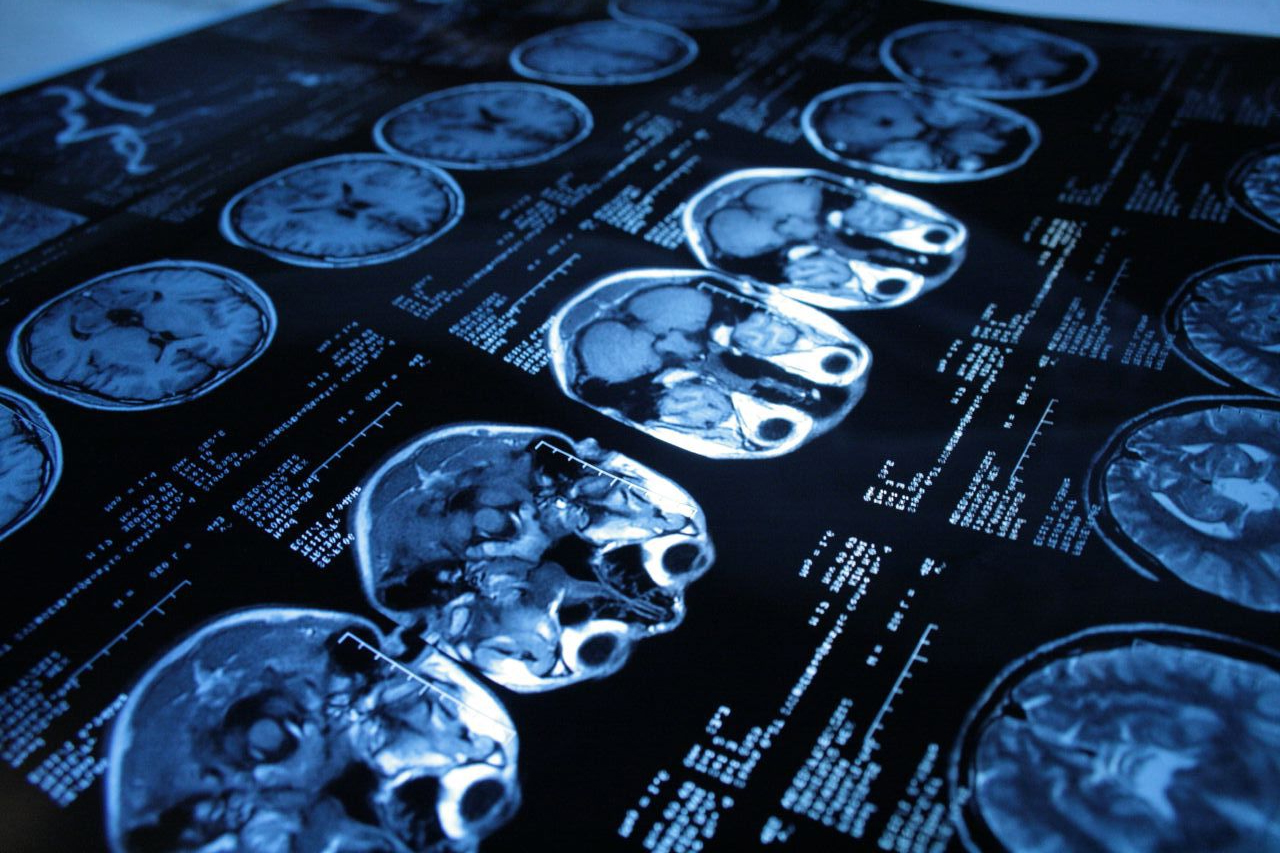



855.743.8722
MRI
Providing exceptional patient service to our patients
subpoenas please serve to Santa Ana office
855.743.8722
MRI
Providing exceptional patient service to our patients
subpoenas please serve to Santa Ana office
MRI
Magnetic Resonance Imaging (MRI) uses a strong magnetic field to temporarily realign hydrogen atoms in your body. Directed radio waves cause these aligned atoms to produce faint radio signals, which are used to form detailed cross-sectional images.
The presence of any metal in the body may be a safety hazard. Before receiving an MRI, tell the technologist if you have any metal or electronic implants.
In some studies a contrast material may be injected through an intravenous (IV) line. Tell your doctor if you've ever had any allergic reactions to contrast agents, or if you have any kidney or liver problems.

What to Expect
Getting an MRI, CT Scan or X-Ray might feel like a major medical procedure, but there’s absolutely nothing to worry about. Here’s what to expect before, during and after your examination.
What to Expect
Getting an MRI, CT Scan or X-Ray might feel like a major medical procedure, but there’s absolutely nothing to worry about. Here’s what to expect before, during and after your examination.
Before
Wear comfortable, loose-fitting clothing without metal zippers, snaps or trim.
Remove ALL METALLIC ITEMS, including earrings, jewelry, watches, hairclips, etc.
You may eat and drink as usual on the day of your exam unless notified otherwise.
Please bring your insurance or Medicare card with you.
If you have any other questions or concerns about your procedure please call our central scheduling number at (855) 743-8722.
During
An MRI is the best way to non-invasively scan the human body for injuries or abnormalities
You'll need to remain as still as possible during the procedure in order to obtain the clearest images.
Please be aware that the machine can be noisy when running. We’ll provide you with earplugs or a headset if desired.
During your exam, our MRI Techs will be close by to make sure you’re comfortable and let you know exactly what’s happening.
After
Once your scan is complete, you’ll receive a CD with a digital copy of the procedure for your medical records.
Within 24-hours, your doctor will receive our radiologist's reading along with a digital copy of the procedure.
Your health and well-being is our #1 priority... We wish you well!

Comfort & Convenience
New Hope Imaging always puts patients first, offering early morning, evening and weekend appointments that fit your busy schedule. Our ultimate goal is making your exam a relaxing, comfortable and convenient experience.
Comfort & Convenience
New Hope Imaging always puts patients first, offering early morning, evening and weekend appointments that fit your busy schedule. Our ultimate goal is making your exam a relaxing, comfortable and convenient experience.
What's the Difference Between an MRi and a ct scan?
MRI's use a magnetic field to produce images of internal structures, while CT's require exposure to radiation.
Magnetic Resonance Imaging (MRI) uses a strong magnetic field to temporarily realign hydrogen atoms in your body. Directed radio waves cause these aligned atoms to produce faint radio signals, which are used to form detailed cross-sectional images.
MRI's do a better job of diagnosing issues in your soft tissues, joints, tendons and ligaments. Doctors order MRI's to scan the brain, spine, neck, breast, abdomen and muscles.
While there is no radiation involved in an MRI, it can be a noisy exam and takes longer than a CT Scan.
Computerized Tomography (CT) is a series of X-Rays taken from many different angles which are combined to create cross-sectional images of bones and soft tissues. CT Scans are painless and typically take only a few minutes to complete.
CT Scans are extremely helpful in diagnosing serious injuries and fractures to bony structures, including the head, chest, abdomen, spine and pelvis. CT Scans are also commonly used to pinpoint the size and location of tumors.
CT Scans are used in emergency rooms as they usually take fewer than 5 minutes to complete and provide higher imaging resolution and less motion artifact due to the fast imaging speed.
Patients with metal implants are able to get CT Scans, but not MRI's... and claustrophobic patients do much better with CT's as they're completed quickly.
The average CT Scan today exposes patients to less radiation than airline passengers receive on long flights. If considering a CT Scan, talk to your doctor about the risks from radiation exposure versus the benefits of early diagnosis.

